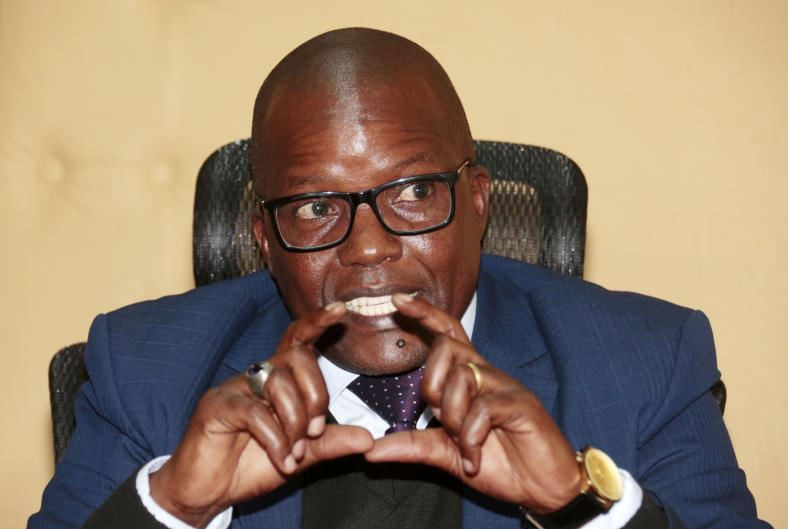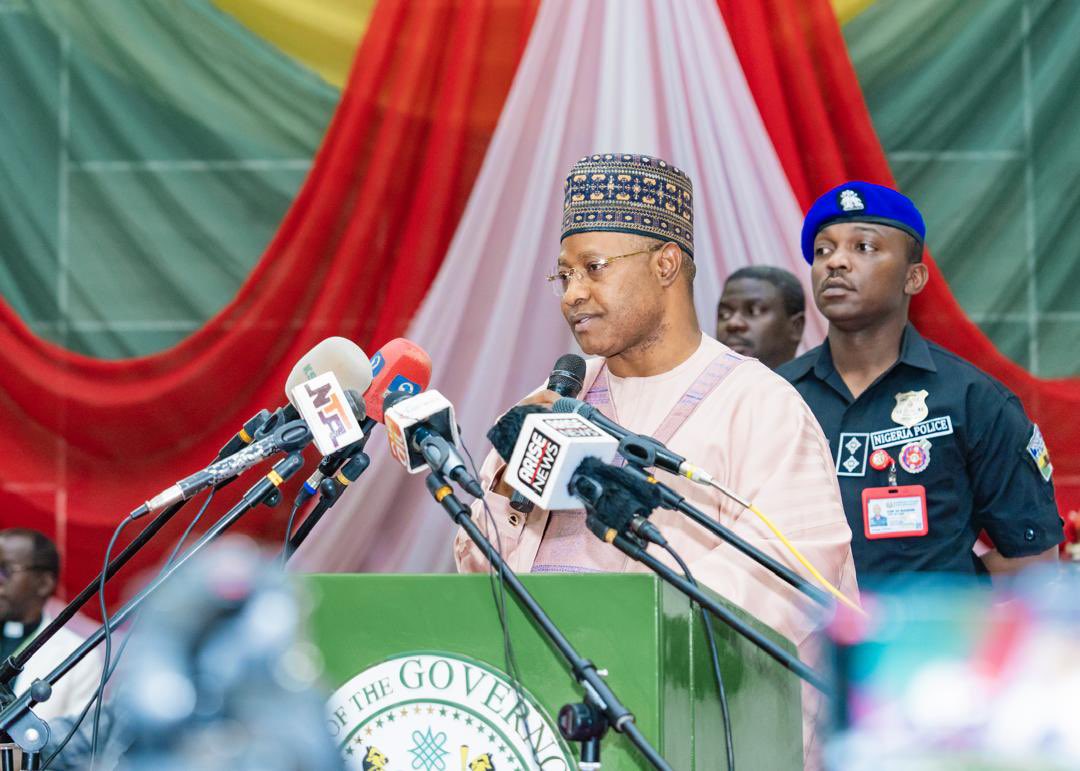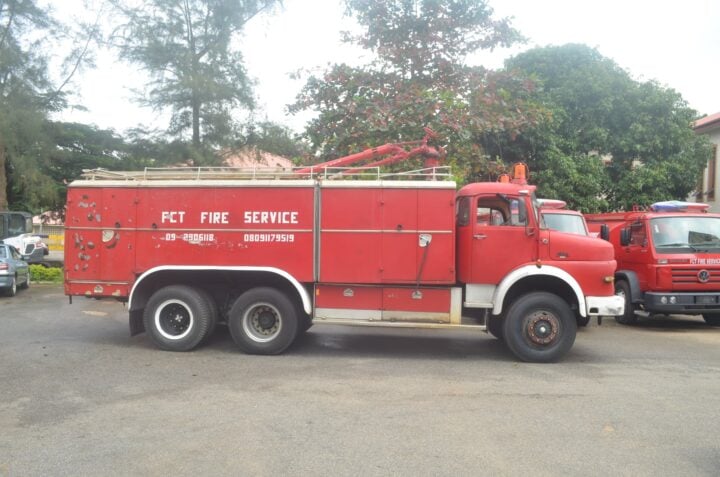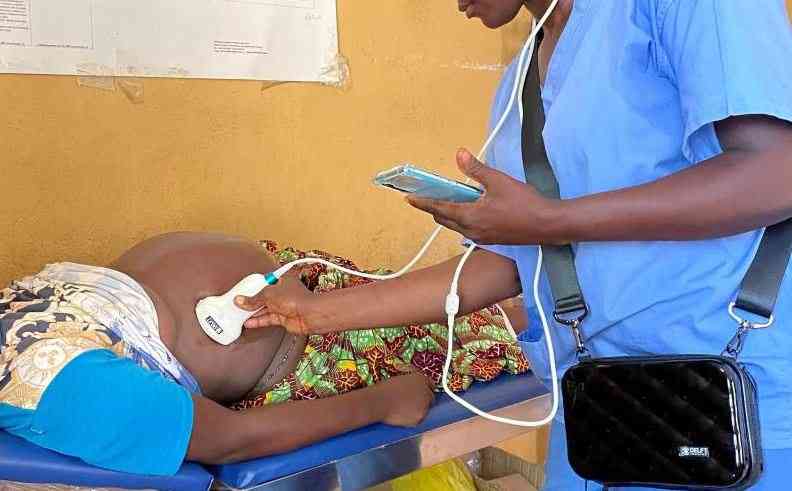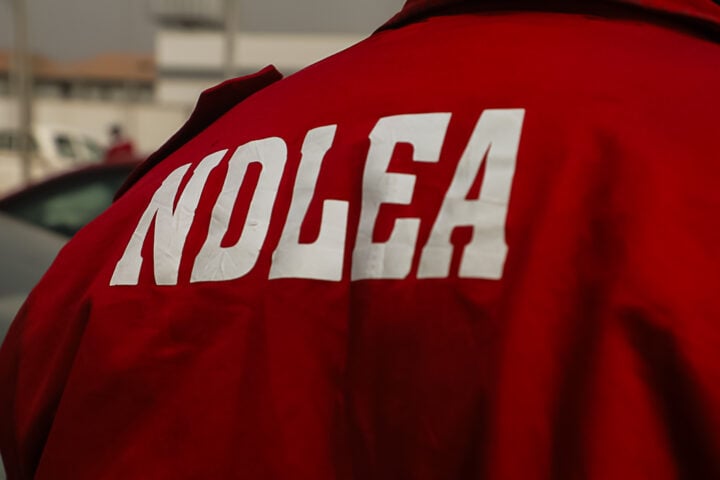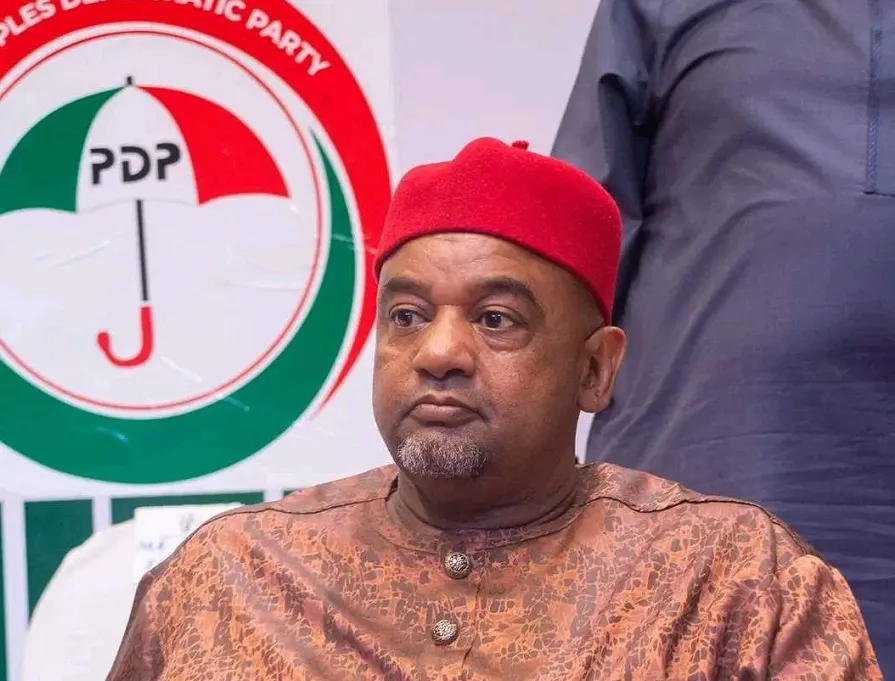Benue Killings: Death Toll Rises, Governor Seeks Intervention

The escalating violence in Benue State, Nigeria, has reached a critical point, with the death toll from recent attacks by suspected armed herdsmen climbing to 56. These coordinated assaults targeted the Ugondo community in Logo Local Government Area (LGA) and the Tyuluv and Gbagir communities in Ukum LGA, leaving a trail of devastation and displacement. Governor Hyacinth Alia has made urgent appeals to the federal government for assistance in addressing the worsening insecurity, while also vowing to support the affected communities.
The attacks, which occurred between Thursday night and Friday morning, have sparked widespread condemnation and raised serious concerns about the safety and security of residents in the Sankera axis of the state. Benue State Police Command initially reported the recovery of 17 bodies, but Governor Alia, during his visit to the affected areas, confirmed that the death toll had risen to 56, with the possibility of further discoveries as search operations continue. The governor noted that 27 bodies were recovered in Logo LGA and 28 in Ukum LGA, with one family already burying their deceased before official recovery efforts.
Governor Alia, addressing the people at the Ugba Internally Displaced Persons (IDP) camp, called on the Federal Government to provide the necessary support to end the senseless killings and displacement of innocent citizens. He sympathized with the families who lost loved ones and promised to cover the medical bills of those hospitalized. The governor described the situation as a “real war,” emphasizing the need for decisive action to protect the state's residents.
The attacks have not only resulted in significant loss of life but have also led to the displacement of thousands of residents, who are now seeking refuge in IDP camps. The security presence in the affected areas has been increased, and emergency services have been deployed to provide assistance. However, the situation remains tense, with many communities deserted and a palpable sense of fear among the population.
Adding to the complexity of the situation, General Theophilus Danjuma (rtd), a former Minister of Defence, has reiterated his call for self-defense, urging Nigerians, particularly those in Taraba State, to protect themselves against the invaders. Danjuma emphasized that the circumstances that led to his initial call for self-defense have not abated and have, in fact, intensified. He accused the attackers of possessing sophisticated arms and seeking to take over lands, insisting that unless people are prepared to defend themselves, no one will save them.
The call for self-defense comes against a backdrop of increasing frustration with the government's response to the security challenges in the region. Critics, including opposition leaders like Atiku Abubakar and Peter Obi, have accused the Tinubu administration of being indifferent and lacking a coherent strategy to address the deepening security crisis. Abubakar, in particular, lamented the continued bloodshed and the president's absence, accusing him of governing Nigeria “in absentia.”
President Bola Tinubu, while in Paris, France, condemned the killings in Benue and Plateau, assuring that the forces of evil will not prevail over Nigeria. He stated that he has given clear directives to the Armed Forces and all relevant security agencies to end insecurity decisively and without delay. However, these assurances have done little to quell the growing sense of insecurity and frustration among the affected communities.
In response to the crisis, the Inspector General of Police (IGP), Kayode Egbetokun, has directed Commissioners of Police across all State Commands and Formations to enhance visibility policing, extend vigilance, and gather intelligence to ensure a safe and secure environment. The IGP has also emphasized the importance of enhanced patrols and strategic deployment of personnel to places of worship, recreation centers, major highways, and other public spaces.
The situation in Benue State remains precarious, with the recent attacks serving as a stark reminder of the ongoing security challenges facing the region. The government's response, the calls for self-defense, and the increasing political rhetoric all point to a complex and multifaceted crisis that requires urgent and sustained attention.
